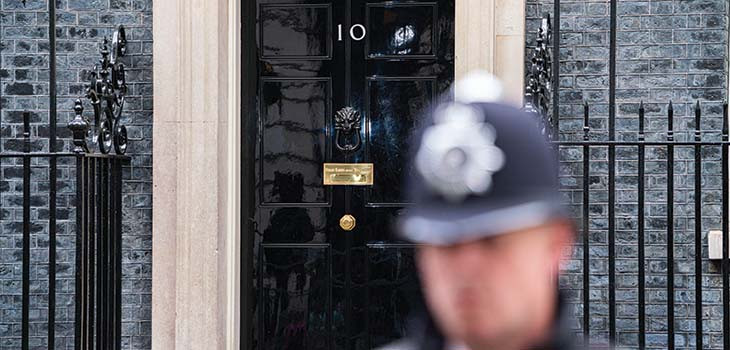
- When defending Boris Johnson after he received a fixed penalty notice (FPN) for breaking COVID restrictions, some suggested that such civil penalties, once paid, eliminate the possibility of future prosecution in the criminal courts, and do not represent an admission of guilt.
- There are inherent difficulties with a scheme which enables criminal conduct to go unpunished by the courts, while at the same time permitting a suspect to contend that paying a FPN was borne of their desire to put the matter behind them, rather than because they genuinely accept that they have done anything wrong..
After Parliament reconvened following the Easter recess, the prime minister Boris Johnson made a statement to the House of Commons in which he sought to update it on events which had been occurring both home and abroad. While there was much mention of Ukraine, the prime minister also sought to explain ‘in









